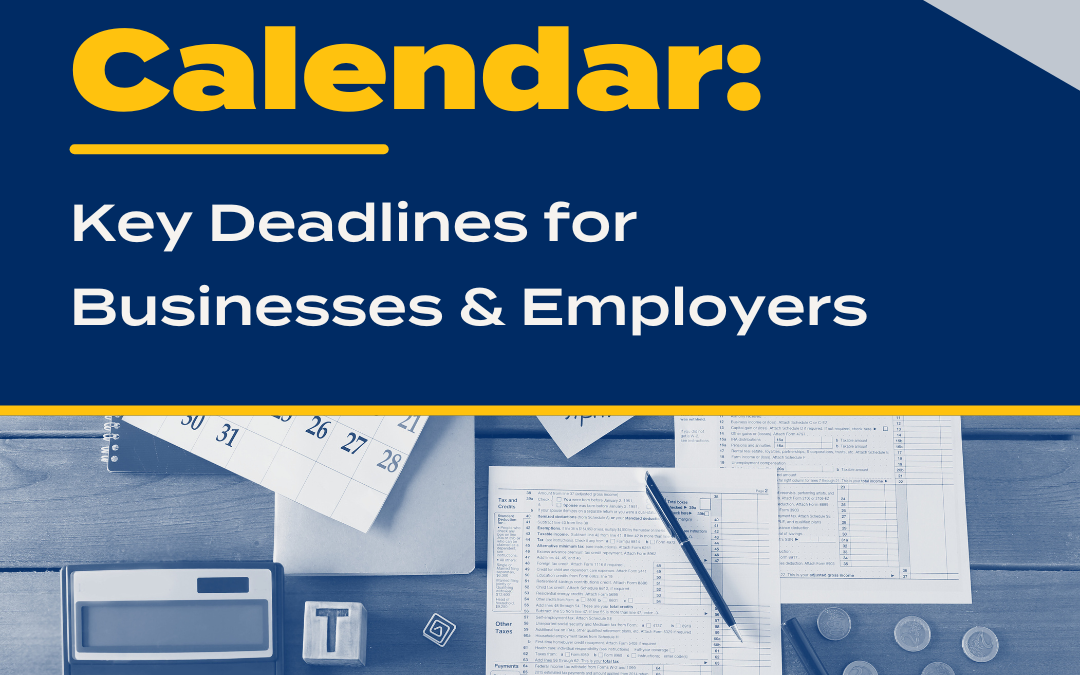Do you have significant investment-related expenses, including payment for financial service subscriptions, home office maintenance and clerical support? Under current tax law — specifically the 2017 Tax Cuts and Jobs Act — these expenses aren’t deductible through 2025 if they’re considered investment expenses to produce income. But they are deductible if they’re considered trade or business expenses.
For years before 2018, production-of-income expenses were deductible, but they were included in miscellaneous itemized deductions, which were subject to a 2%-of-adjusted-gross-income floor. (Unless Congress acts to extend them, these rules are scheduled to return after 2025.) If you do a significant amount of trading, you should know which category your investment expenses fall into, because qualifying for trade or business expense treatment is more advantageous now.
To be able to deduct your investment-related expenses as business expenses, you must be engaged in a trade or business. The U.S. Supreme Court held many years ago that an individual taxpayer isn’t engaged in a trade or business merely because the individual manages his or her own securities investments — regardless of the amount or the extent of the work required.
A Trader vs. An Investor
However, if you can show that your investment activities rise to the level of carrying on a trade or business, you may be considered a trader, who is engaged in a trade or business, rather than an investor, who isn’t. As a trader, you’re entitled to deduct your investment-related expenses as business expenses. A trader is also entitled to deduct home office expenses if the home office is used exclusively on a regular basis as the trader’s principal place of business. An investor, on the other hand, isn’t entitled to home office deductions since the investment activities aren’t a trade or business.
Since the Supreme Court decision, there has been extensive litigation on the issue of whether a taxpayer is a trader or investor. The U.S. Tax Court has developed a two-part test, both parts of which must be satisfied for a taxpayer to be considered a trader.
- The taxpayer’s trading is substantial (in other words, sporadic trading isn’t considered a trade or business), and
- The taxpayer seeks to profit from short-term market swings, rather than from long-term holding of investments.
Again, to pass this test, a taxpayer’s investment activities are considered a trade or business only if both parts one and two are satisfied.
Contact us if you have questions or would like to figure out whether you’re an investor or a trader for tax purposes.





